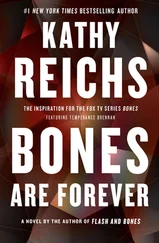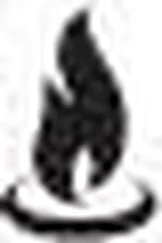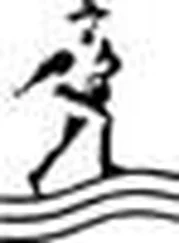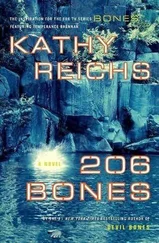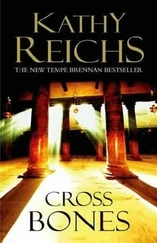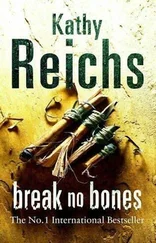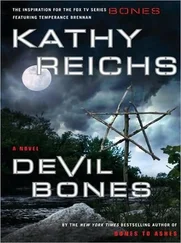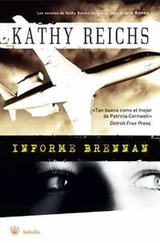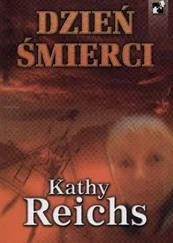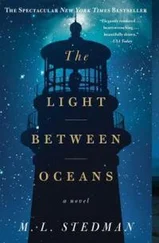“I understand.”
“John had spent three years in Iraq, making the world safe. This massacre of civilians demonstrated that wasn’t the case.”
“But we’re talking a different conflict, different perpetrators.”
“Absolutely. But for some soldiers it’s all one generalized evil. Saddam, Gadhafi, the Ayatollah, the Taliban—one evil with multiple faces. Like a hydra, a many-headed snake.”
“This was John’s thinking?”
“After those attacks, John viewed terrorism as a very real and very personal threat. To America, to our way of life.”
“He quit his job and reenlisted.”
“He applied for Officer Candidate School, which, given his age, was problematic.”
I did some quick math. “He was in his early thirties by then.”
“As in corporate America, the military prefers that its officers start out young. At his age, John should have been middle echelon. Nevertheless, he was accepted.” Hawthorn straightened the letter opener. “John’s status as a prior also worked to his disadvantage.”
“A prior?”
“An enlisted man applying for OCS. It’s tough to make the jump from the rank and file to officer class.”
“But Gross managed it.”
Hawthorn nodded. “Completed OCS at the top of his class, chose an infantry MOS, and volunteered for duty in Afghanistan. He was on his fourth tour when the incident at Sheyn Bagh took place.”
“What did Gross’s fellow officers think of him?” I set my napkin and empty cup on the edge of the desk.
“Hardworking, fair, cool under pressure. Excuse my French, but one called him a ‘gung ho mofo.’ ”
I needed no translation.
“So John was intense.”
Hawthorn gave a half smile. “Some might say a marine can never be too intense.”
“What about those under his command?”
Hawthorn’s eyes flicked to the cup and napkin ruining the careful symmetry on his desk. Unconsciously, his fingers squared the already square blotter.
“Opinions vary, of course. Most are positive.”
“But not Grant Eggers.”
“Corporal Eggers is the chief witness for the prosecution.”
Enough said.
“How is Lieutenant Gross handling all this?”
“John loves his country and loves the Corps. But he feels betrayed. He hates being stuck in Jacksonville, and would prefer to return to Afghanistan. He is certain he will be vindicated. As am I.”
Hawthorn smiled and pointed a finger at my offending debris. “May I?”
“Yes. Thank you.”
He tossed the cup and napkin into something at his feet.
“So,” he said, straightening. “Let’s get into greater detail about your testimony.”
For the next hour we went over the basics. Hawthorn listened, asked a few questions, made a few notes. When I’d finished, he rose and thanked me again.
“If you need anything further, I’m staying at the Lejeune Inn,” I offered, sincerely hoping he wouldn’t call.
Rigg met me outside with the van.
As we drove across base, I thought over Hawthorn’s comments.
Intense was the word he’d used.
How intense? I wondered.
Rigg dropped me under the portico, said he’d collect me at oh-eight-thirty the following day. I went to my room and called Ryan. Got his machine. Although he’d responded to none of my earlier messages, I left another.
Frustrated and hungry, I walked to a Wendy’s for a double with cheese and fries. God, it was good to be home.
Back in my room, the humming clock said 1:15. Already regretting the quart of grease I’d ingested, I lay down on the bed. Outside, the sentry birds were now twittering like mad.
I closed my eyes.
Again I was awakened by a ringing phone. The room had gone dark.
“Hello?”
Silence.
“Hello?”
The silence sounded hollow, as though someone was listening. Or cupping the receiver.
Click .
Apologies to you, too, shithead.
I walked down the hallway, bought a vending-machine Diet Coke, returned, and booted my laptop. As I moved images into a PowerPoint presentation, my thoughts kept veering to Gross.
Would bones dug from the Afghan desert hold the key to his fate?
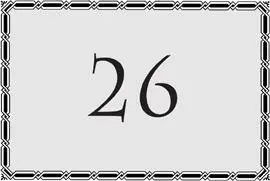
THE COURTROOM WAS SPARTAN: A raised bench stage center, defense and prosecution tables opposite, a witness stand adjacent to the bench and facing the courtroom, a court reporter’s desk in front of the witness stand, an empty jury box, a few seats for spectators at the rear.
The investigating officer, Lieutenant Colonel Frank Keever, was a gray-haired guy, trim, with a no-nonsense air. Major Christopher Nelson had a blond buzz cut and what must have been a very long torso. The prosecutor looked much shorter standing than sitting.
A man and a woman were the only people in the three rows of benches at the back of the room. The only ones wearing civvies. Diligent note taking suggested both were journalists.
Lieutenant John Gross was already seated when I arrived, back rigid, fingers intertwined on the tabletop. He was built like a bulldog, compact but powerful, with a face that looked like chiseled granite. Every crease was sharp. Every hair was in place.
Promptly at 9:30, Keever brought the hearing to order and asked Hawthorn if he wished to proceed with evidence for the defense.
I was called to the stand.
Gross’s eyes followed as I crossed the room. Otherwise, not a muscle, hair, or lash moved.
Hawthorn began with a review of my credentials. Some questions were the same as those posed during jury selection two weeks earlier in Charlotte.
Hawthorn brought out that I had a PhD in anthropology and was certified by the American Board of Forensic Anthropology, a group with less than a hundred members. I explained that I was not a medical doctor but specialized in the examination of skeletal material, and that I worked closely with pathologists in the evaluation of human remains.
Hawthorn mentioned my association with JPAC and my familiarity with the military. He pointed out that the bulk of my work had been on behalf of the prosecution rather than the defense.
I testified that I’d just returned from Afghanistan, where I’d supervised the exhumation of the bodies of Abdul Khalik Rasekh and Ahmad Ali Aqsaee, and performed skeletal autopsies at the Bagram Air Force Base hospital.
Gross watched with the intensity of a tomcat eyeing a sparrow. Now and then a subtle tremor twitched his left lower lid.
Hawthorn then got to the heart of it.
Hawthorn: “What conclusions, if any, did you draw concerning the entry and exit points of bullets?”
“As to Mr. Rasekh, none. As to Mr. Aqsaee, I concluded that bullets had struck him in the area of the chest and had exited at his back.”
No reaction from Gross. Just the tic.
Hawthorn: “Why were you not able to determine trajectories with respect to Mr. Rasekh?”
“Bone destruction was too extensive to allow identification of entry or exit points.”
Hawthorn: “But you were able to identify such points for Mr. Aqsaee?”
“Yes.”
Hawthorn: “Please describe the findings that led you to that opinion.”
“There were several. Defects on two rib segments, on bone shards that had been part of the sternum, and on one vertebrae all demonstrated classic fracture patterning for gunshot wounds in an anterior-to-posterior trajectory. Metal and bone fragments found on X-ray further supported that finding. Mr. Aqsaee was shot in the chest.”
Gross remained absolutely motionless, his face a stone mask.
Hawthorn: “Can you explain briefly what happens when a bullet impacts tissue?”
Читать дальше


